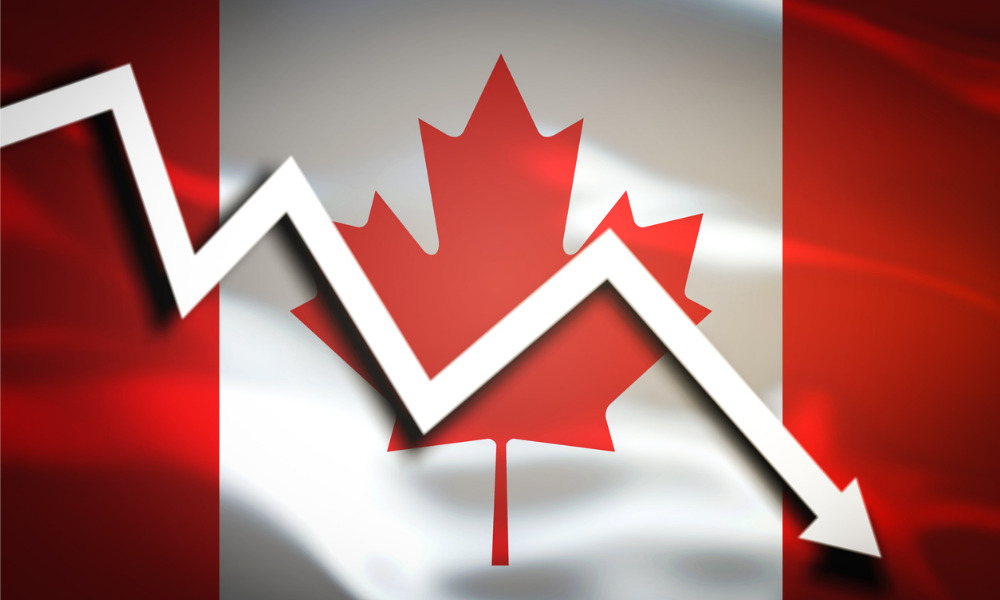CIBC outlines possibilities for the latter part of the year

Canadian inflation is likely to see a sharp drop in the coming months, but other factors that will come to the fore soon after will likely have a more significant influence on the central bank’s future interest rate policy and expectations, according to CIBC Capital Markets.
“Looking at a number of core inflation measures, we find that underlying price pressures have already eased sharply and by more than the Bank of Canada is currently acknowledging, alleviating the need for any further interest rate hikes,” CIBC said in a recent analysis.
While the pace of the BoC rate hikes means that mortgage interest is adding “significantly” to overall inflation at the moment, it “would be something that policymakers look through when setting interest rates,” CIBC said. “A largely mechanical increase in mortgage costs does not give information on underlying price pressures in the economy.”
However, inflation in food prices is steadily asserting itself as a major issue.
“While policymakers can do little about it at the micro level, groceries play an important role in setting inflation expectations, which could still lead to a wage-price spiral,” CIBC warned. “We also find that food prices play a large role in the BoC’s new core inflation measures, which will keep those running above a 3% annualized rate for now and prevent the bank from trimming rates until early next year.”
Fortunately, some relief on this front is likely by the second half of 2023.
“We should have already seen the biggest hit from last year’s exchange rate depreciation on food prices and other items,” CIBC said. “While there’s a risk that the Canadian dollar could depreciate further, USDCAD would need to rise to 1.43 by year-end if the inflationary impact of the currency is to remain as large as it has been in recent months… Moreover, we should finally see greater pass-through from softening global food prices to those at grocery store shelves.”



